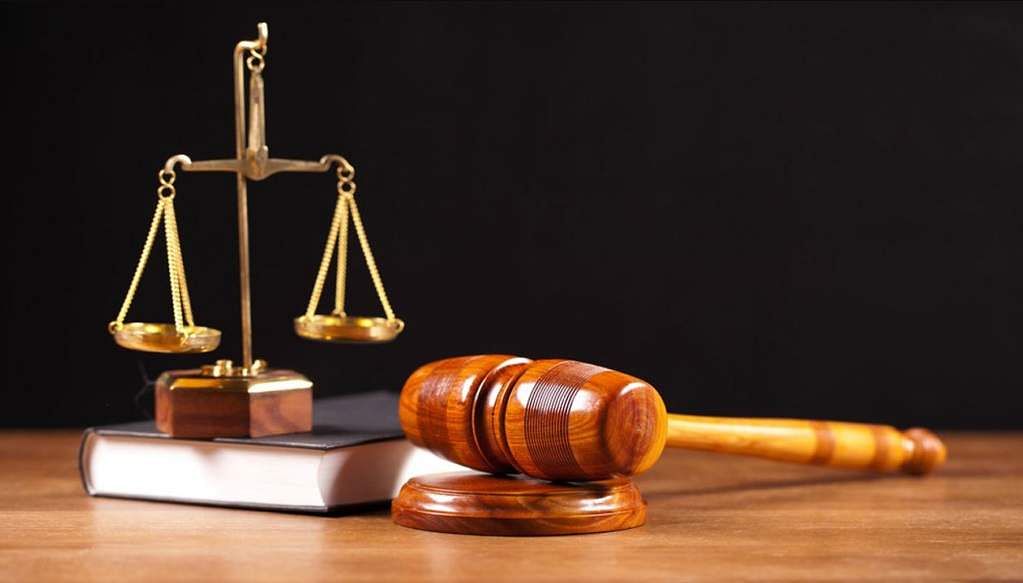Be Aware of Your Duty to Protect
Recently, a federal jury awarded a $1 million dollar judgment to a female arrestee who died while in Chicago Police custody. The City of Chicago denied wrongdoing and claimed the arrestee had ingested packets of heroin prior to her arrest and she refused any medical attention. The arrestee’s attorney argued that the cause of the woman’s death was irrelevant because the police denied her medical care while she was in their custody. The jury found that police officers ignored repeated warnings from the arrestee and other persons concerning her medical condition, including that she suffered from diabetes and asthma. A key legal issue concerned the “duty to protect” a state owes to its citizens, notably what duty police officers owe to citizens.
The “Duty to Protect” Rule
The U.S. Supreme Court examined the idea of a “duty to protect” in DeShaney v. Winnebago County Dept. of Social Services, 489 U.S. 189, (1989). Deshaney held that the Fourteenth Amendment’s Due Process Clause did not impose a duty on states to protect citizens from private acts of violence. However, the Court held that “special relationships” could be created between citizens and the state and those special relationships imposed a duty to protect on officers. DeShaney has subsequently resulted in case law holding that special relationships are created in two ways. First, a special relationship exists when the state deprives a citizen of their personal liberty. Secondly, a special relationship exists when the state creates a dangerous situation or places a citizen in a position where greater harm could come to them.
Special Relationships and Implications for Police Officers
The law is unequivocal in recognizing that a special relationship exists when the state deprives a citizen of their personal liberty by exerting custody or control. Courts have continuously upheld that arrestees and pre-trial detainees are owed a duty to protect by officers because the subject’s personal liberty is restrained and they are no longer in a position to guarantee their own safety and wellbeing. Therefore, officers must understand that a special relationship requiring a duty to protect is created whenever an officer exerts custody or control over an individual. Mere reliance on departmental orders or policy alone will not provide an adequate defense in situations where it can be shown that officers were aware of, but chose to ignore harm that could befall someone in their custody or control.
Special relationships triggering the duty to protect also exist when officers “create” dangerous situations. Courts have frequently found that officers created dangerous situations related to vehicle stops. Because traffic stops commonly involve officers arresting drivers, but not necessarily all the passengers, officers are particularly susceptible to creating dangerous situations involving passengers’ safety. In addition to following training and policy, officers should exercise proper judgment and think twice about where they direct passengers and drivers after they are removed from a vehicle. For example, if towing or impounding a vehicle where passengers will be left without a means of transportation, officers should ensure that the passengers are not placed in greater harm because of their removal. Common examples of placing passengers in greater harm include situations where officers leave passengers, in freezing conditions without adequate clothing, highly intoxicated, or on foot and vulnerable in a high crime area. Additionally, officers should never award control of a vehicle to another person until the officer verifies that the new driver has the legal capacity to drive.
A Caution for All Police Officers
Many officers believe that strict adherence to their departmental orders, policies, or procedures will prevent them from being involved in litigation. While a police department’s policies should be carefully written and vigorously amended to comply with relevant law, oftentimes this is the ideal and not the norm. Officers must be able to clearly articulate their actions or inactions according to their department’s policies but more importantly, officers need to be aware of how a reviewing court will apply the existing law to their actions. Having knowledge of your legal duty to protect can go a long way towards safeguarding everyone involved.
The Law Offices of Daniel Q. Herbert and Associates believes that a detailed knowledge of the law is the sign of dedicated law enforcement professionals. Knowing the law helps protect the public you serve and is an excellent method to prevent being involved in litigation. It protects you and your family. Law enforcement officers needing legal assistance or advice related to their employment can contact us at www.danherbertlaw.com or via phone at (312) 655-7660.


